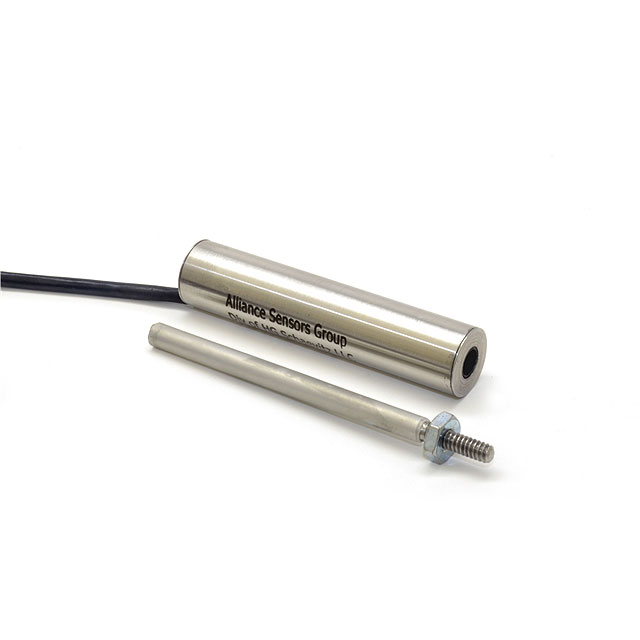

Quantity
Price
Total price
1
$319.9680
$319.9680
10
$309.5010
$3,095.0100


| TYPE | DESCRIPTION |
| Mfr | H.G. Schaevitz, LLC / Alliance Sensors Group |
| Series | LZE-13 |
| Package | Box |
| Product Status | ACTIVE |
| Package / Case | Cylinder, Wire Leads |
| Mounting Type | Chassis Mount |
| Output | 0V ~ 10V |
| Operating Temperature | -20°C ~ 105°C |
| Termination Style | Cable |
| Voltage - Supply | 12V ~ 30V |
| Linearity | ±0.15% |
| Linear Range | 0 ~ 50.00mm (0 ~ 1.97") |
| Actuator Type | Round Shaft |
| Technology | LVIT (Linear Variable Inductance Transducer) |
| For Measuring | Linear Position |